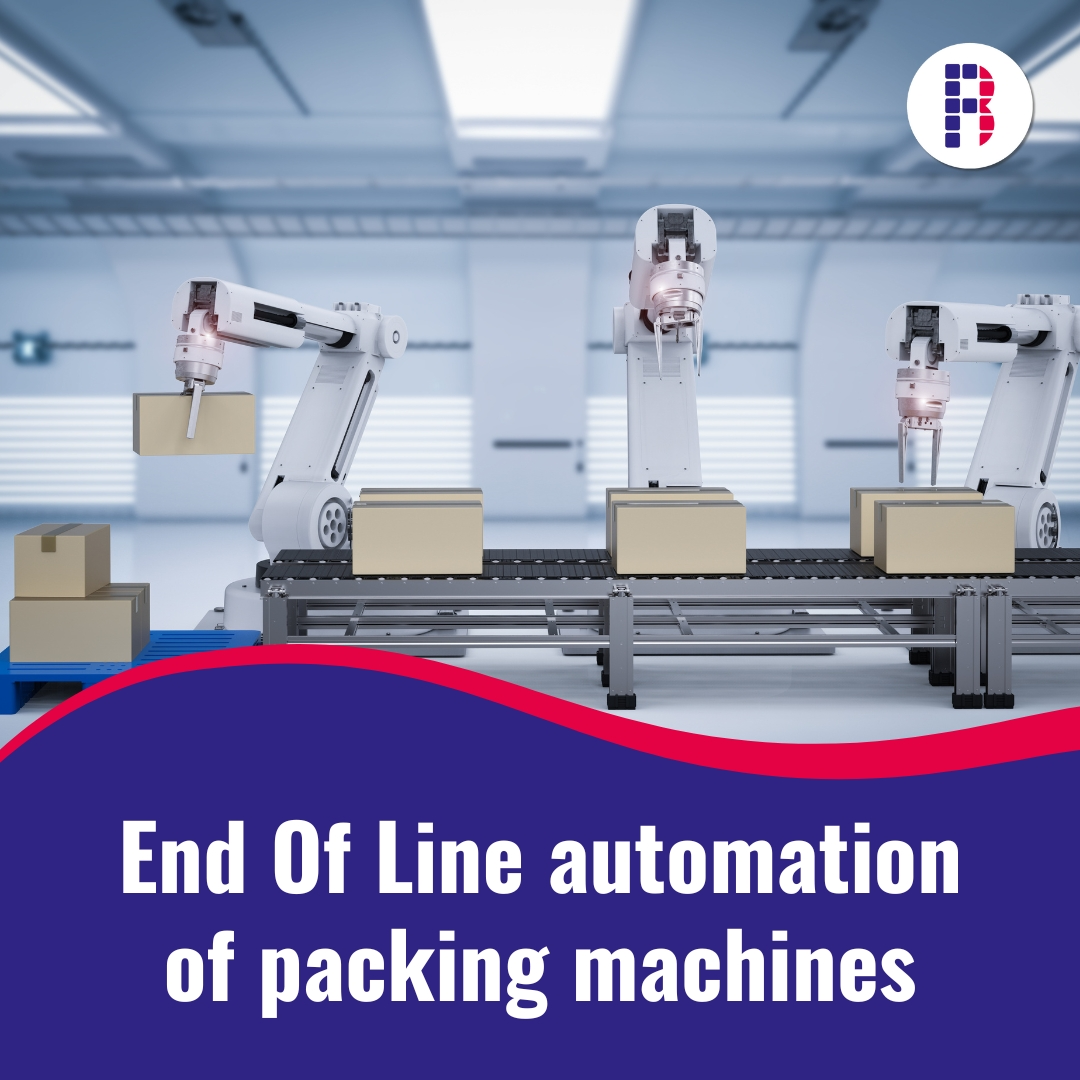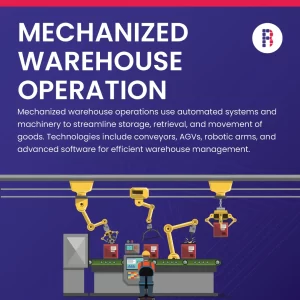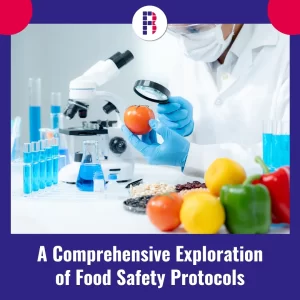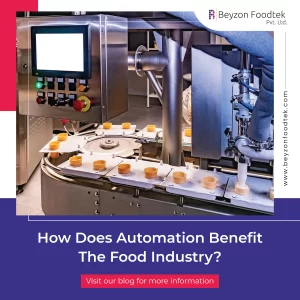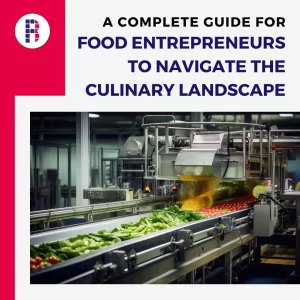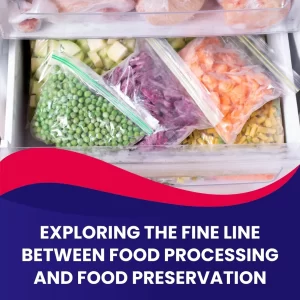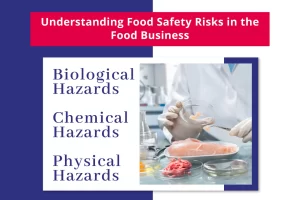Introduction:
In the dynamic and competitive realm of the food industry, where precision, efficiency, and quality are paramount, the significance of end-of-line automation of packing machines cannot be overstated. This pivotal technology streamlines the final stages of production, ensuring that food products are securely and efficiently packaged for distribution. End-of-line automation represents a revolutionary shift in the way food items are prepared for delivery, leveraging advanced technology to optimize packaging processes. Let’s explore the meaning and delve into the importance of end-of-line automation in the food industry.
Meaning of End-of-Line Automation:
End-of-line automation refers to the utilization of advanced technology and machinery from secondary packing stage onwards to streamline packaging processes. It encompasses a range of automated systems, including wrapping, strapping, and palletizing machines, designed to enhance efficiency, quality, and safety in food packaging operations.
Importance of End-of-Line Automation in the Food Industry:
- Maintaining Product Integrity: In the food industry, maintaining the integrity of products is paramount. Automated end-of-line packaging ensures that products are carefully handled and packaged with precision, minimizing the risk of damage or contamination.
- Enhancing Efficiency and Productivity: Automation streamlines the packaging process, allowing food manufacturers to package products quickly and efficiently. By automating tasks such as case erection, case packing, case labelling/printing, tapping, strapping, shrink wrapping etc. Cartons coming on the main conveyor are sorted based on barcode scanning and are diverted to different channel conveyors. At the end of channel conveyor robotic arms pick up the cartons and arrange them on the pallet. The transfer and conveying of goods take place with the help of belt conveyors, roller conveyors, spiral conveyors etc. Companies can significantly increase throughput rates and meet the demands of a rapidly growing market.
- Ensuring Food Safety and Compliance: Automated end-of-line packaging systems incorporate advanced technologies such as vision inspection systems, X-ray detection system and barcode scanners to ensure food safety and compliance with regulatory standards. These systems can detect and remove any products that do not meet specified parameters, preventing non-compliant products from reaching consumers.
- Reducing Labor Costs and Dependency: Manual packaging processes are labor-intensive and prone to errors. By automating end-of-line packaging, food manufacturers can reduce their reliance on manual labor, minimizing labor costs and the risk of human error.
- Optimizing Space Utilization: End of line automation of packing machine adopts a principle of one-piece movement and thus there is no waiting for, or backlog of goods awaiting certain processing activity. This ensures clutter free shopfloor. Automated end-of-line packaging systems optimize space utilization in food manufacturing facilities. These systems have a smaller footprint compared to manual packaging setups, allowing companies to make better use of limited floor space. This optimization of space can lead to increased production capacity and scalability for future growth.
- Facilitating Traceability and Transparency: Automated packaging systems enable food manufacturers to implement robust traceability systems, providing detailed information on each packaged product. This enhances transparency throughout the supply chain and facilitates faster recall processes in the event of a product recall. By leveraging data analytics, companies can also gain valuable insights into their packaging operations and identify areas for improvement.
- Improving Worker Safety and Ergonomics: Manual packaging processes can be physically demanding and lead to repetitive strain injuries among workers. Automated end-of-line packaging systems help improve worker safety and ergonomics by eliminating the need for heavy lifting and repetitive tasks. This creates a safer and more comfortable working environment for employees, reducing the risk of workplace injuries and improving employee morale.
In summary, automated end-of-line packaging plays a critical role in the food industry by maintaining product integrity, enhancing efficiency and productivity, ensuring food safety and compliance, reducing labor costs and dependency, optimizing space utilization, facilitating traceability and transparency, and improving worker safety and ergonomics. By embracing automation, food manufacturers can stay competitive in an increasingly demanding market while delivering safe and high-quality products to consumers.
Beyzon Foodtek can help you set up End-of-Line automation of packing machines in your factory.
